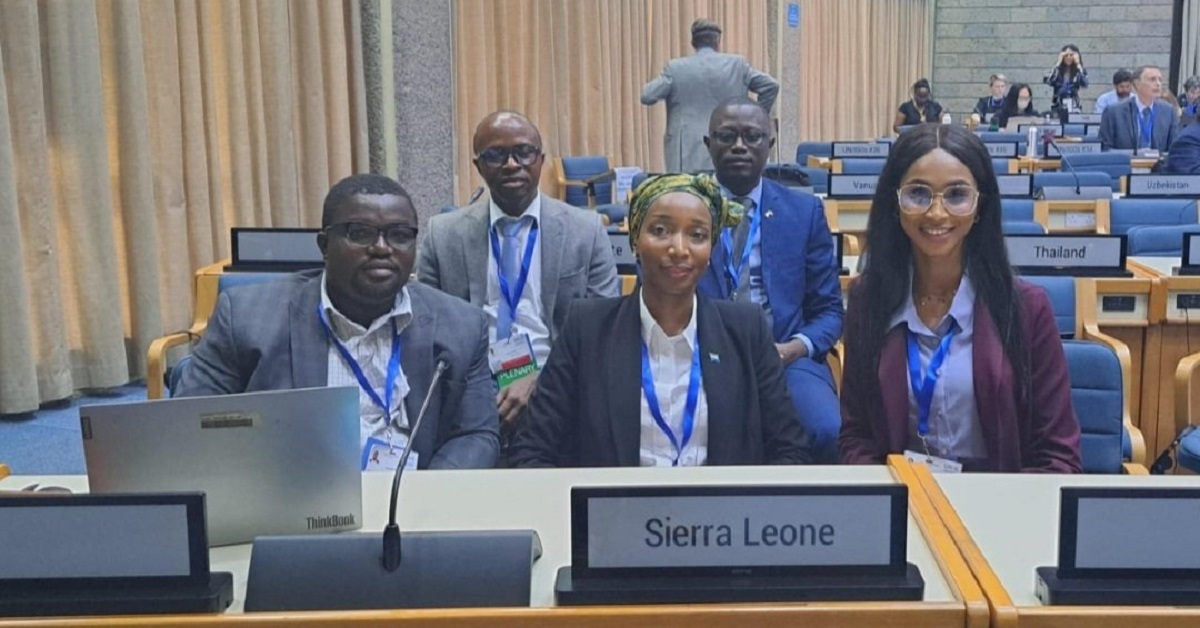A delegation from Sierra Leone participated in the negotiation of a global treaty to end plastic pollution, including in the marine environment, in Kenya earlier this week.
The delegation was led by Isatu A. Bundu from the Environmental Protection Agency (EPA). They also attended meetings hosted by the Commonwealth Clean Ocean Alliance and engaged with IUCN, which has provided organizations with the knowledge and resources needed to address environmental challenges and achieve sustainable development.
As mandated by the United Nations Environment Assembly (UNEA) resolution 5/14, countries including Sierra Leone, are gathered to negotiate and find solutions to the problems at hand. The ongoing third session of the intergovernmental negotiating committee (INC-3) to develop an international legally binding instrument on plastic pollution, including in the marine environment, is hosted by the government of Kenya and is being held at the United Nations headquarters in Nairobi.
The treaty is expected to be finalized in 2024.
This is a positive step towards addressing the global plastic pollution crisis. Plastic pollution is a major threat to the environment and human health. It is estimated that there are 100 million tonnes of plastic in the ocean, and this number is expected to triple by 2040. Plastic pollution harms marine life, pollutes drinking water, and contributes to climate change.
The global treaty on plastic pollution is a critical step in addressing this crisis. The treaty will help to reduce the production and consumption of plastic, improve waste management, and promote innovation in sustainable alternatives to plastic.



 Post a comment
Post a comment









Comment(s)
Disclaimer: Comments expressed here do not reflect the opinions of Sierraloaded or any employee thereof.
Be the first to comment